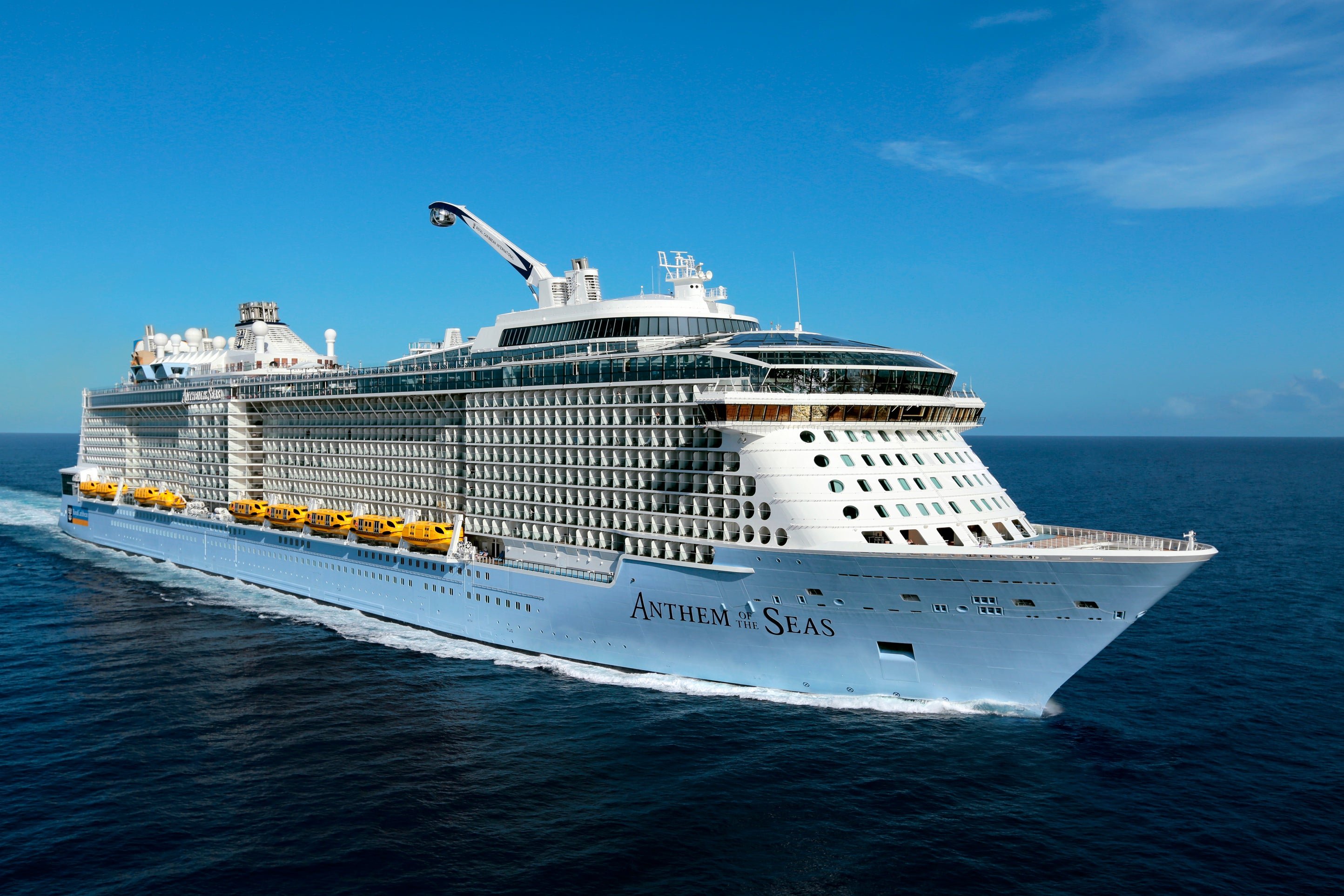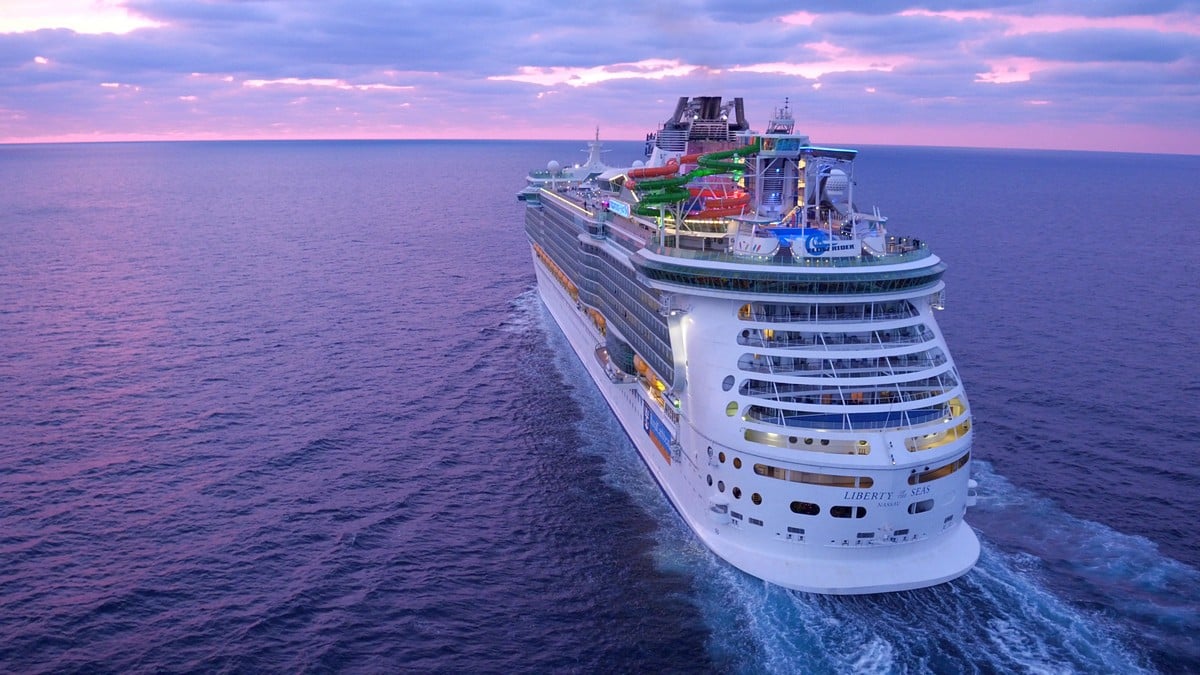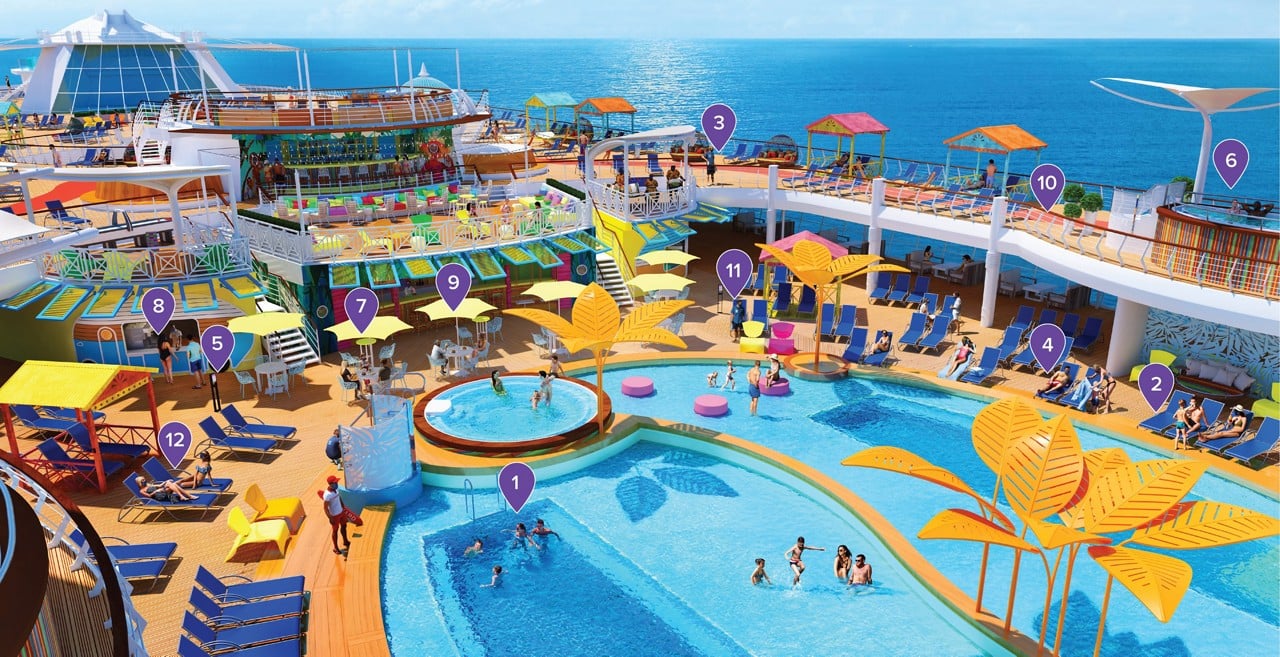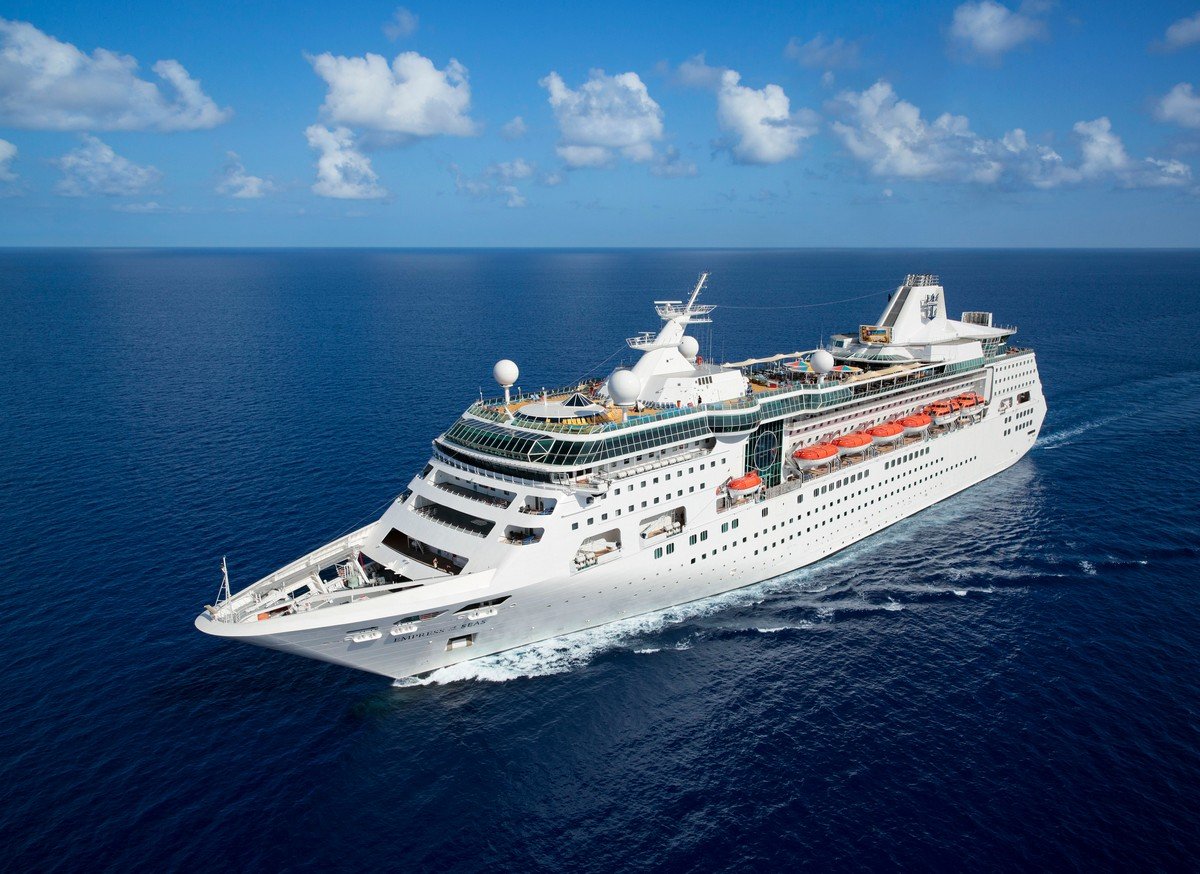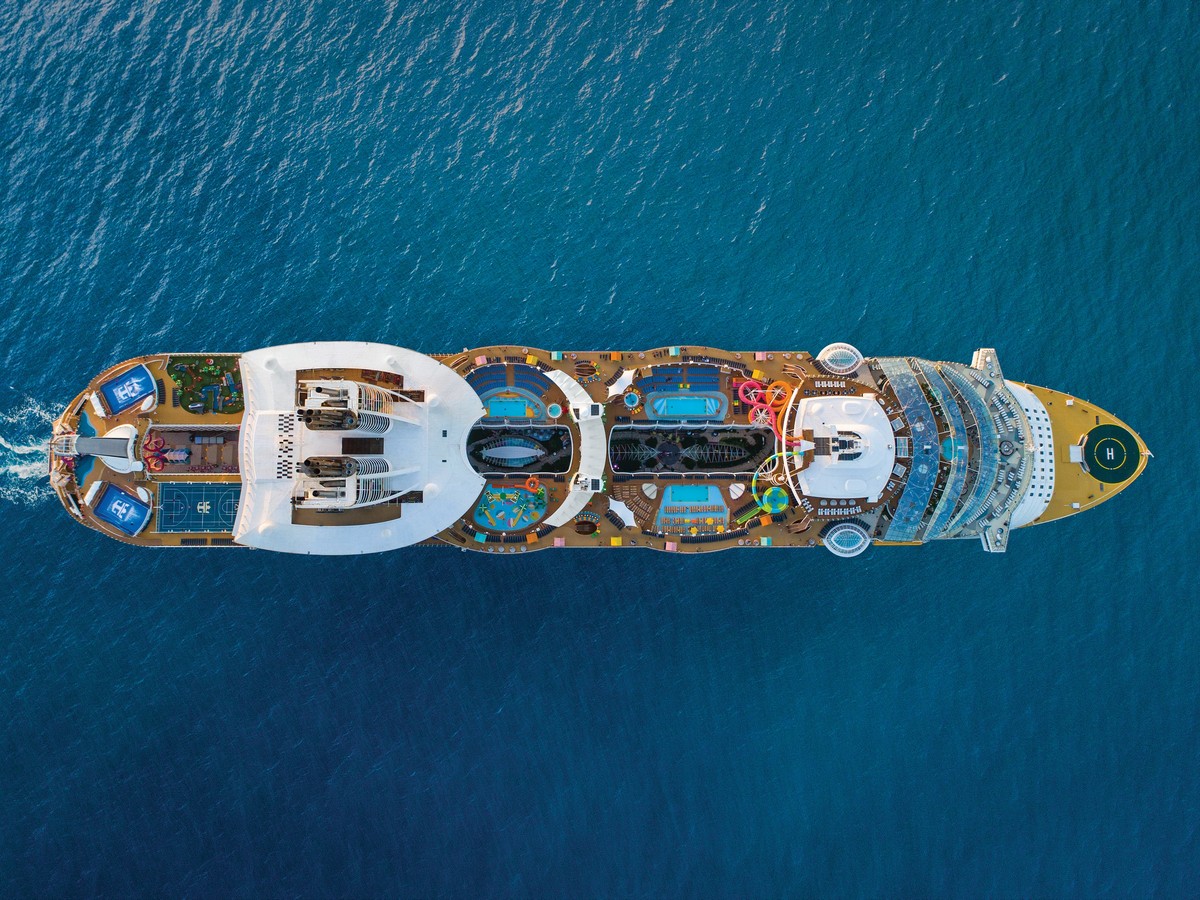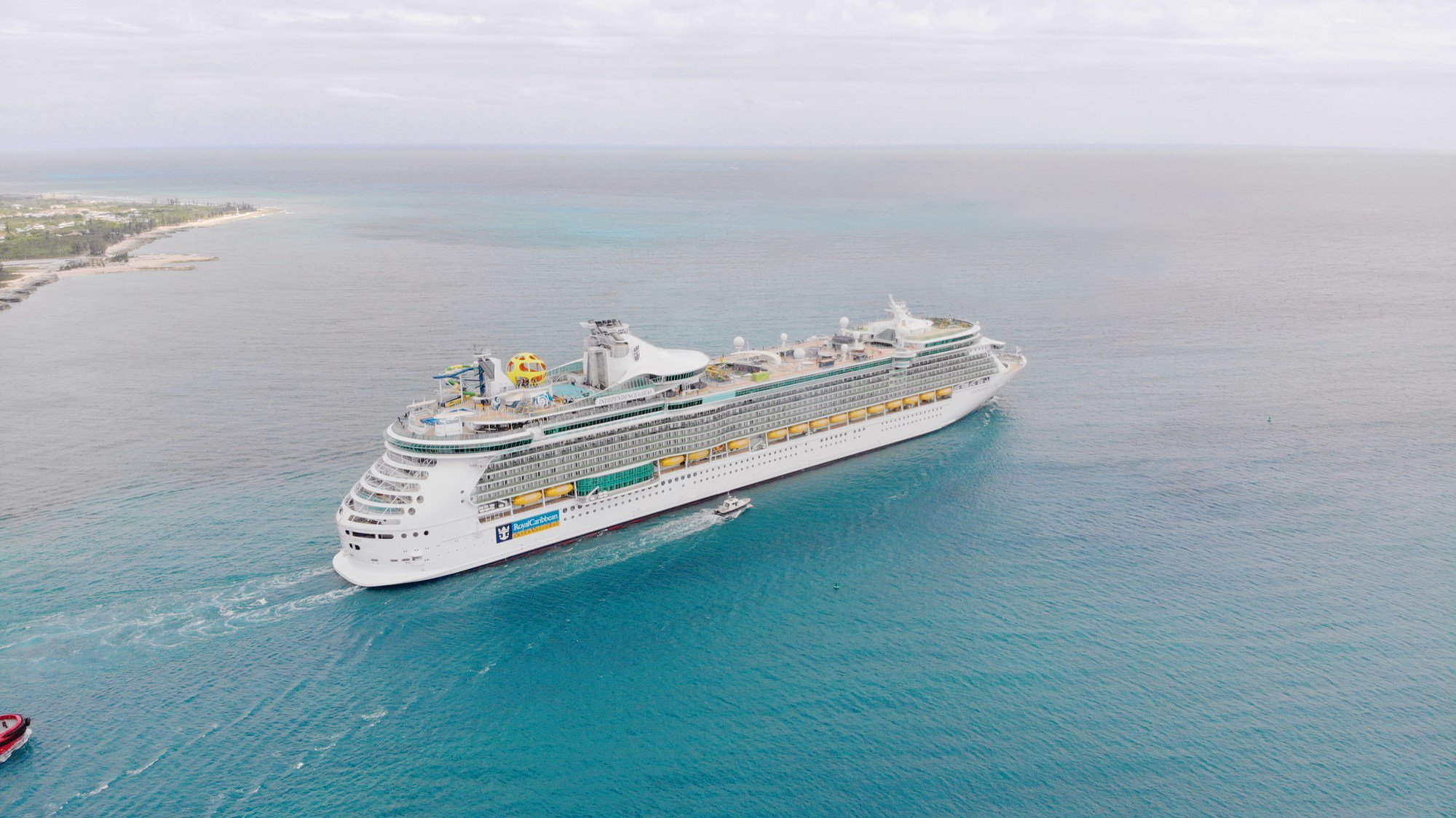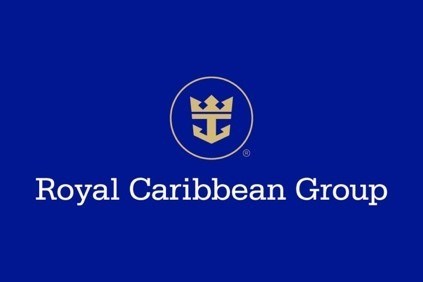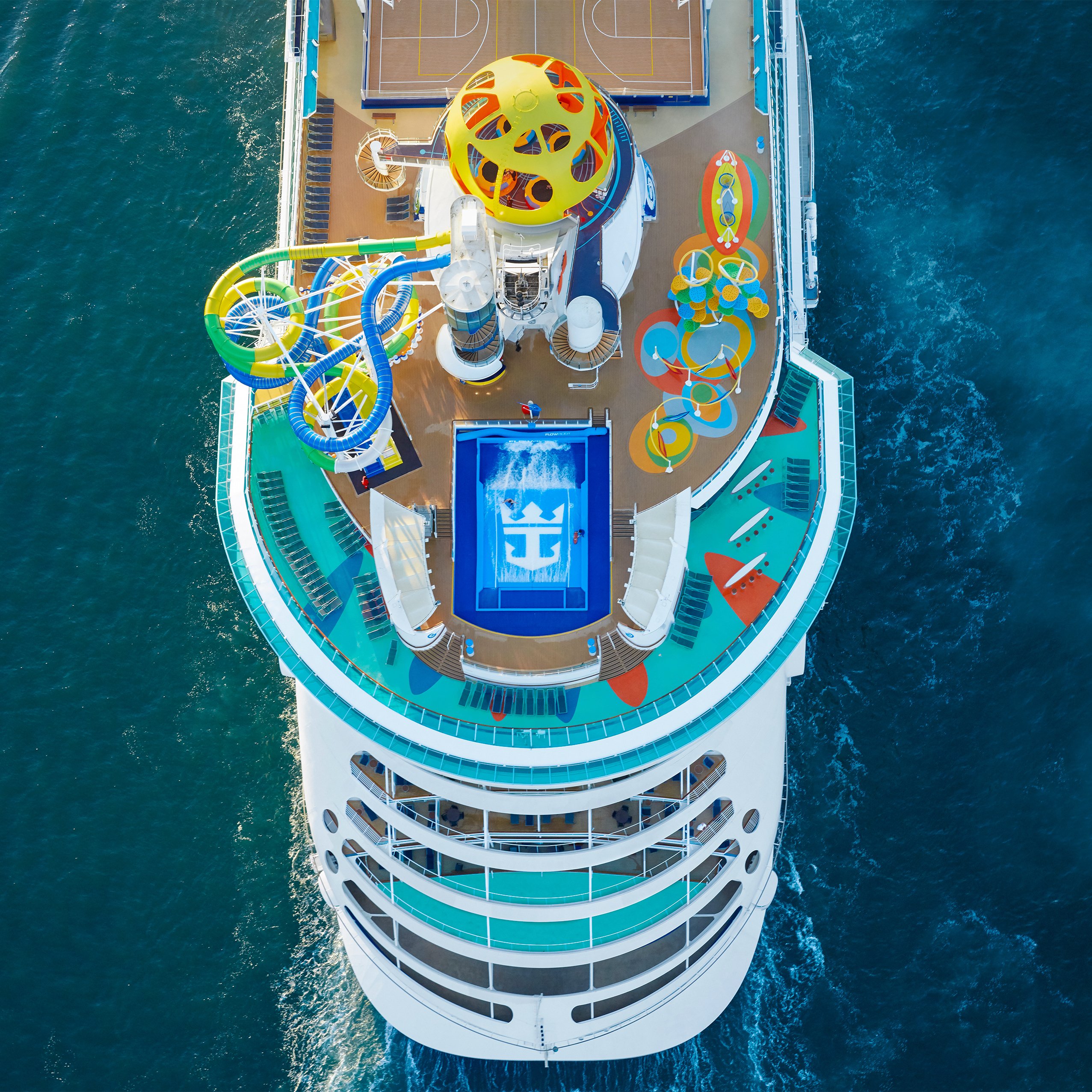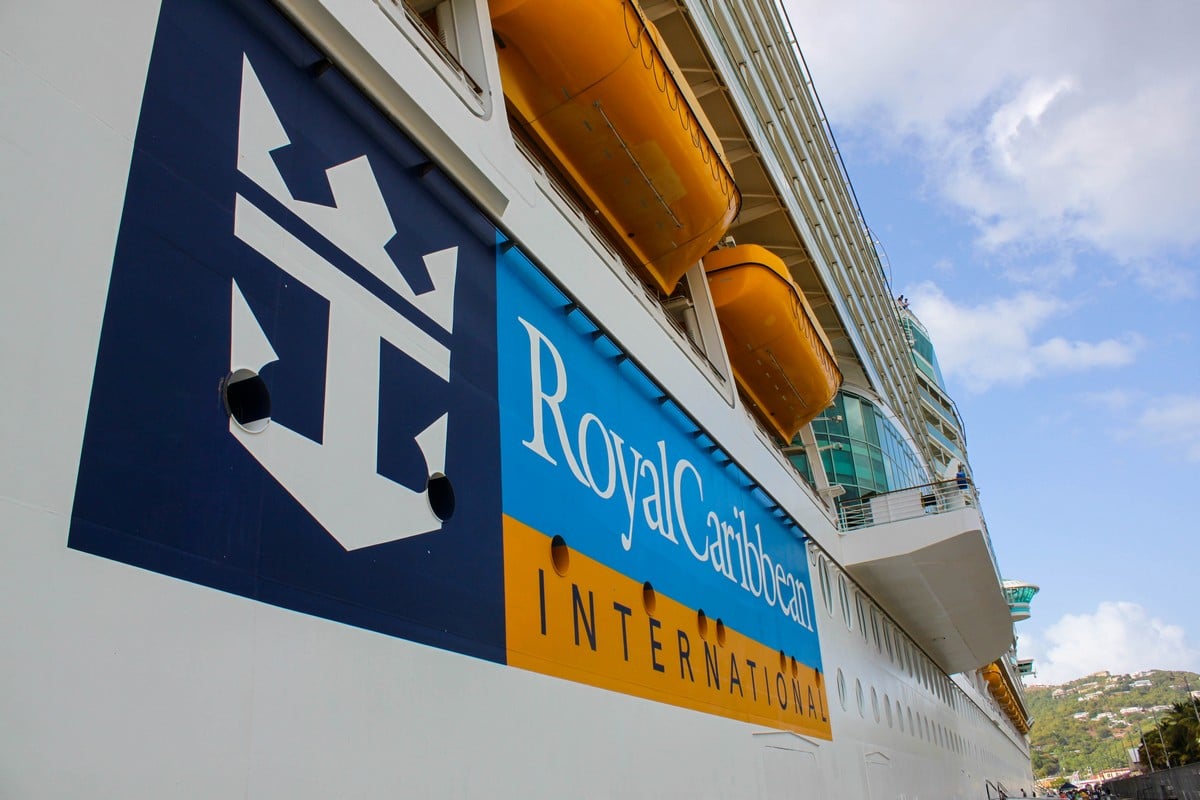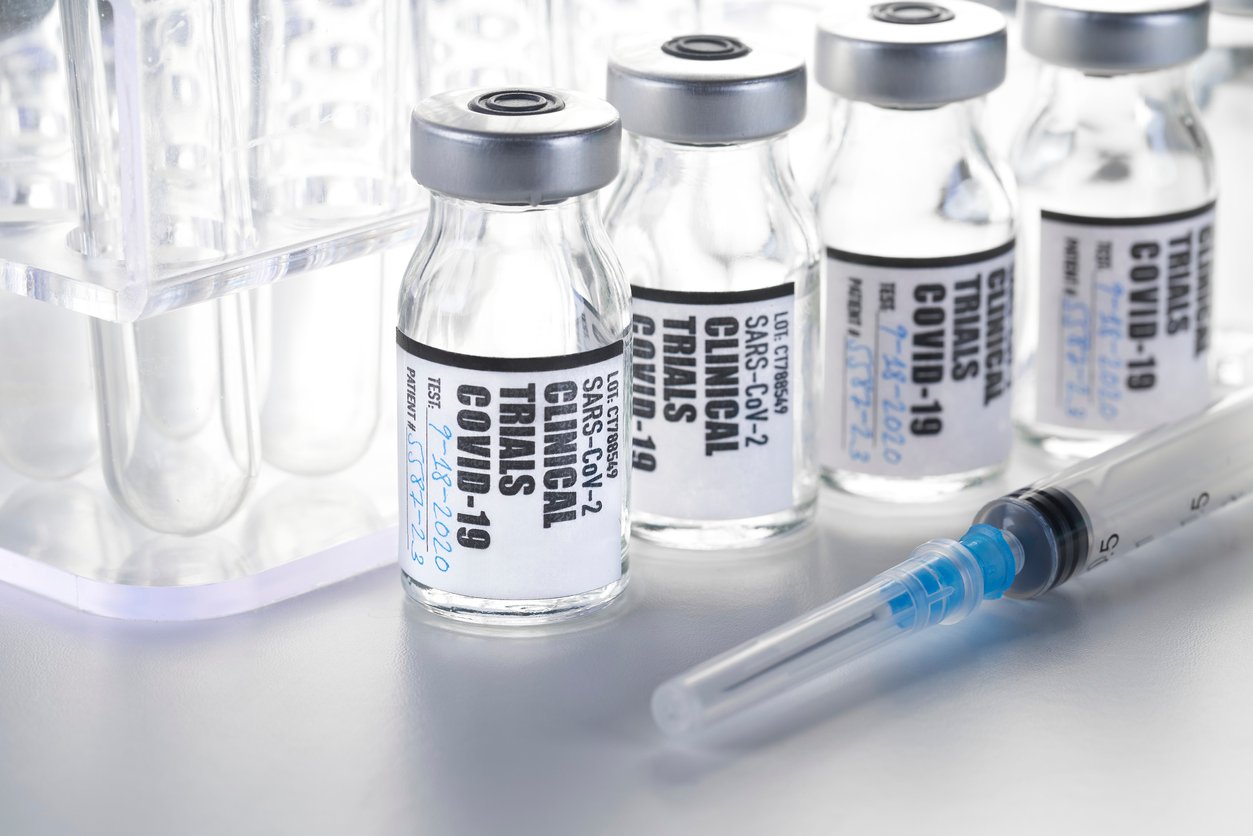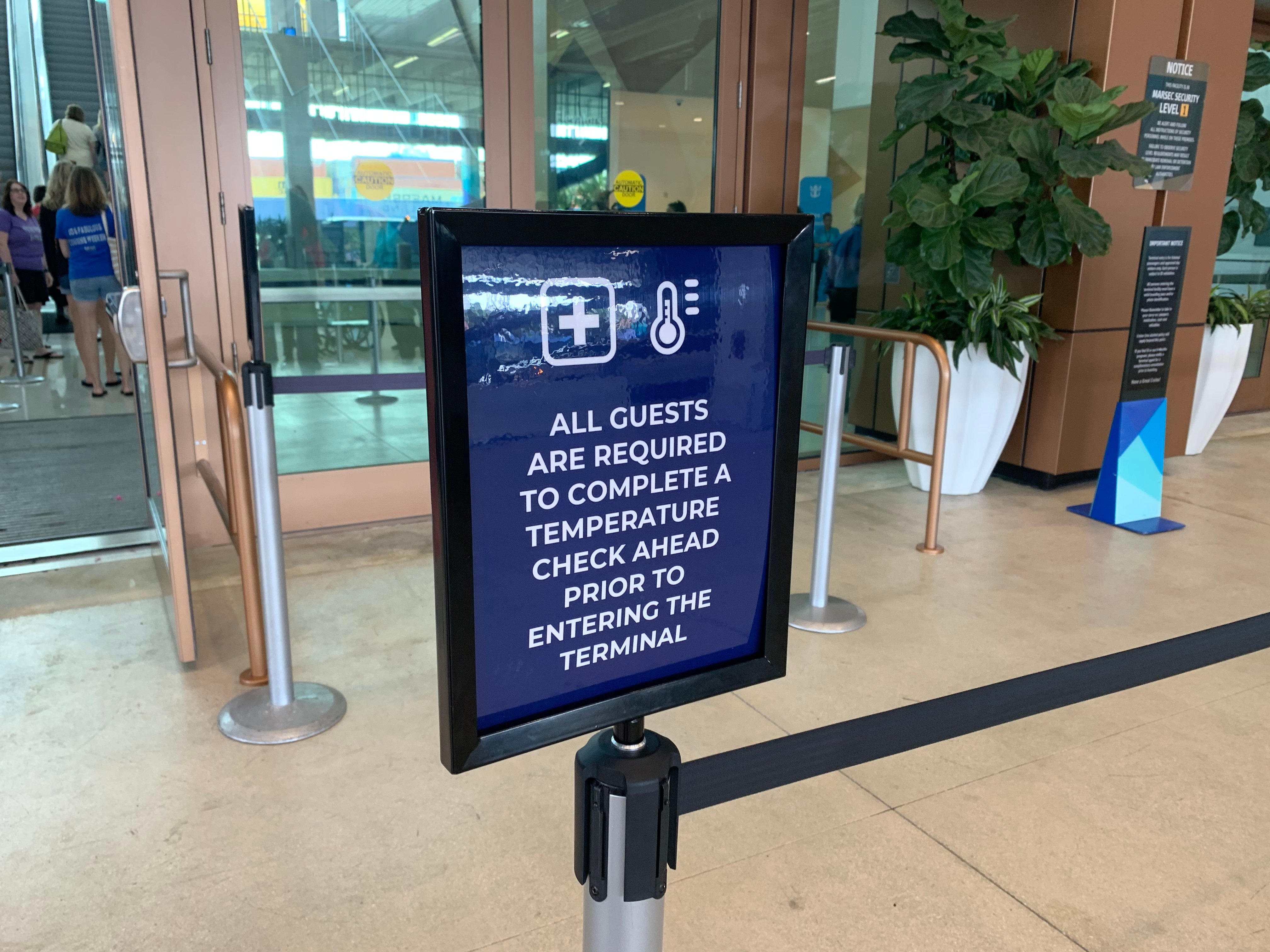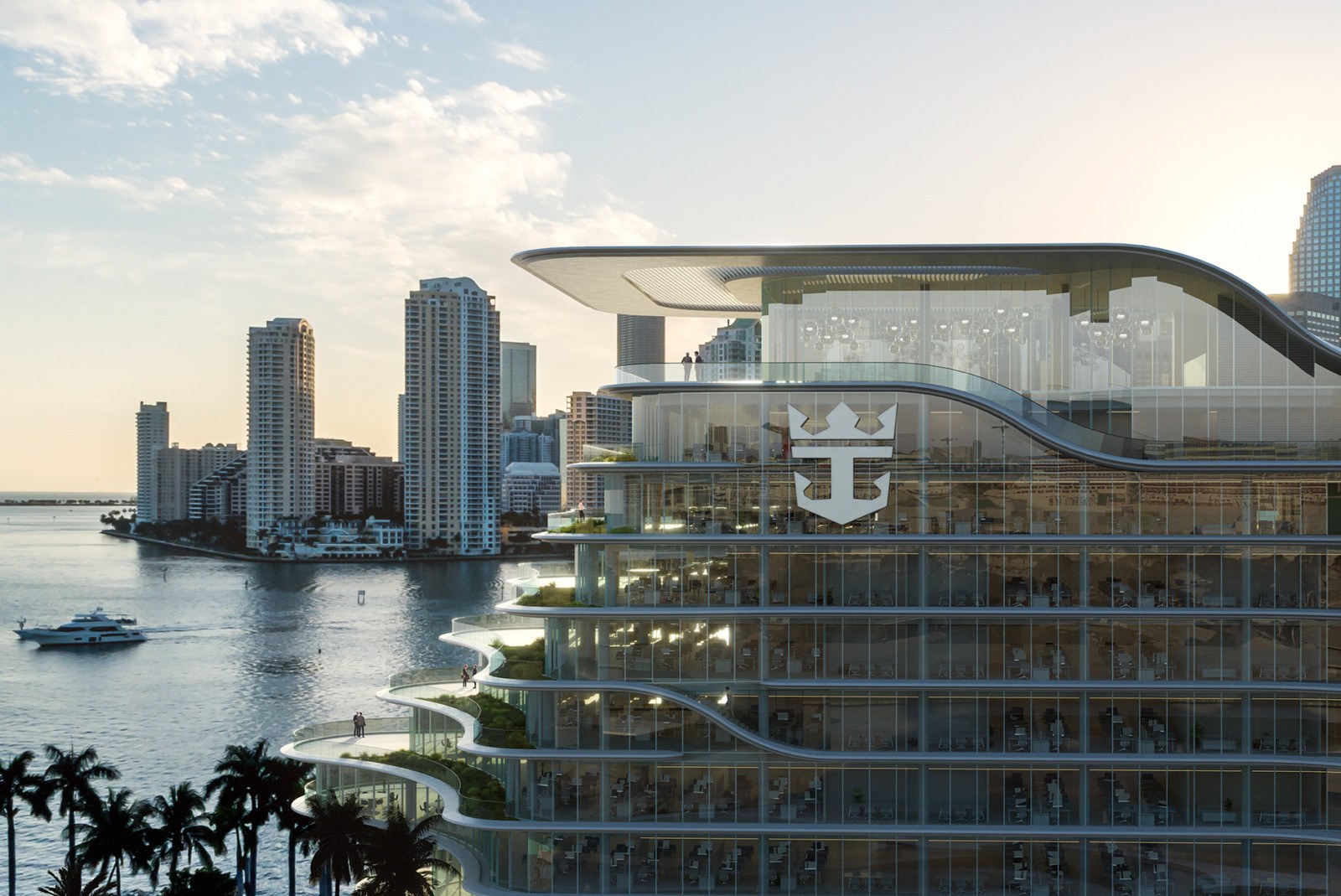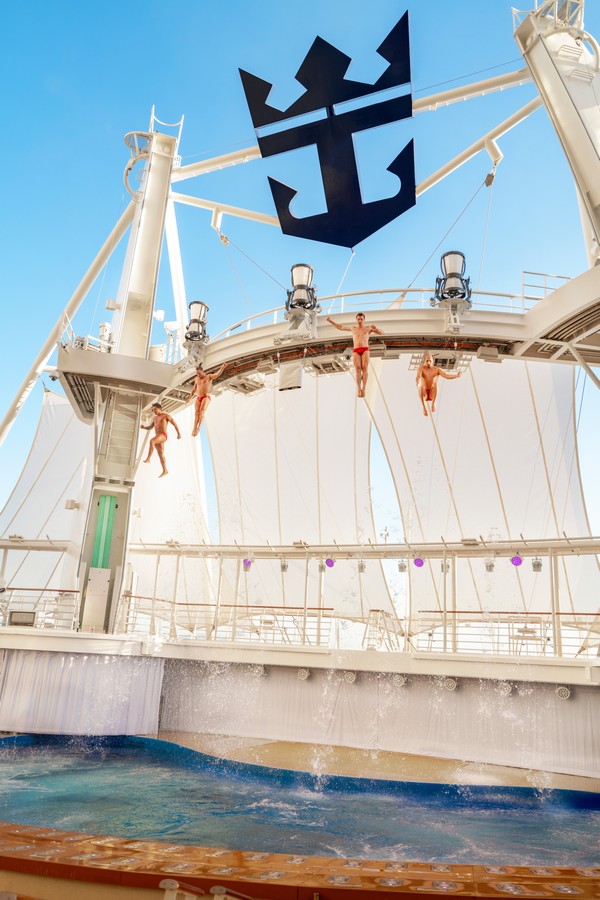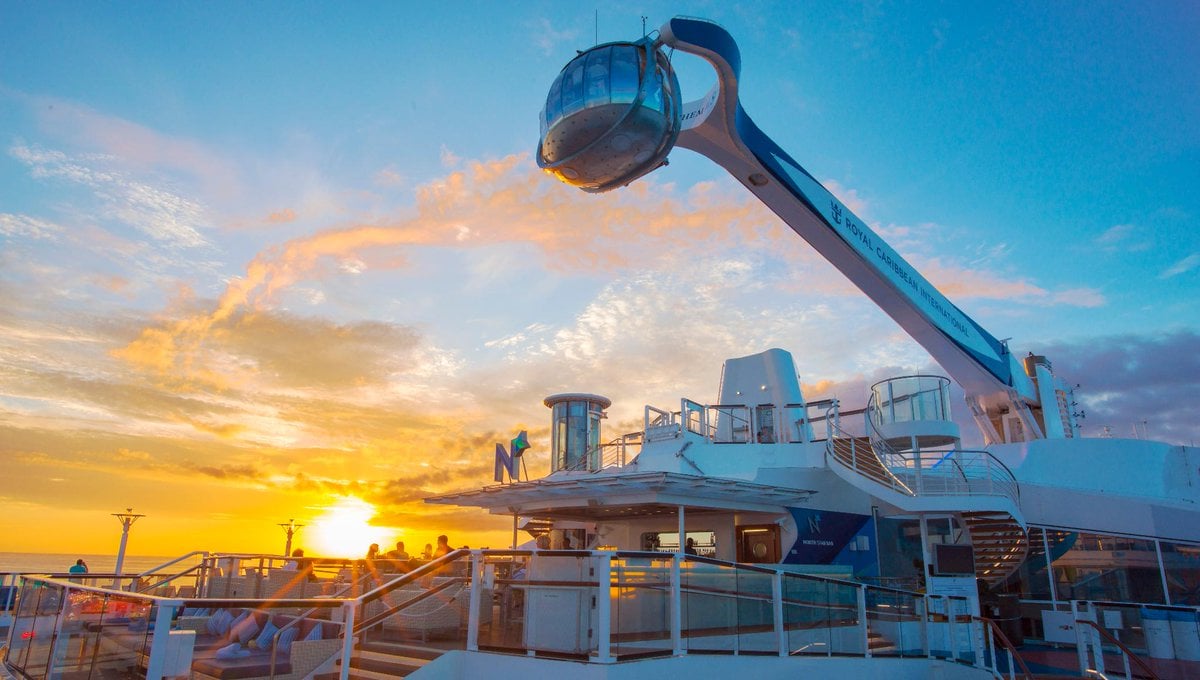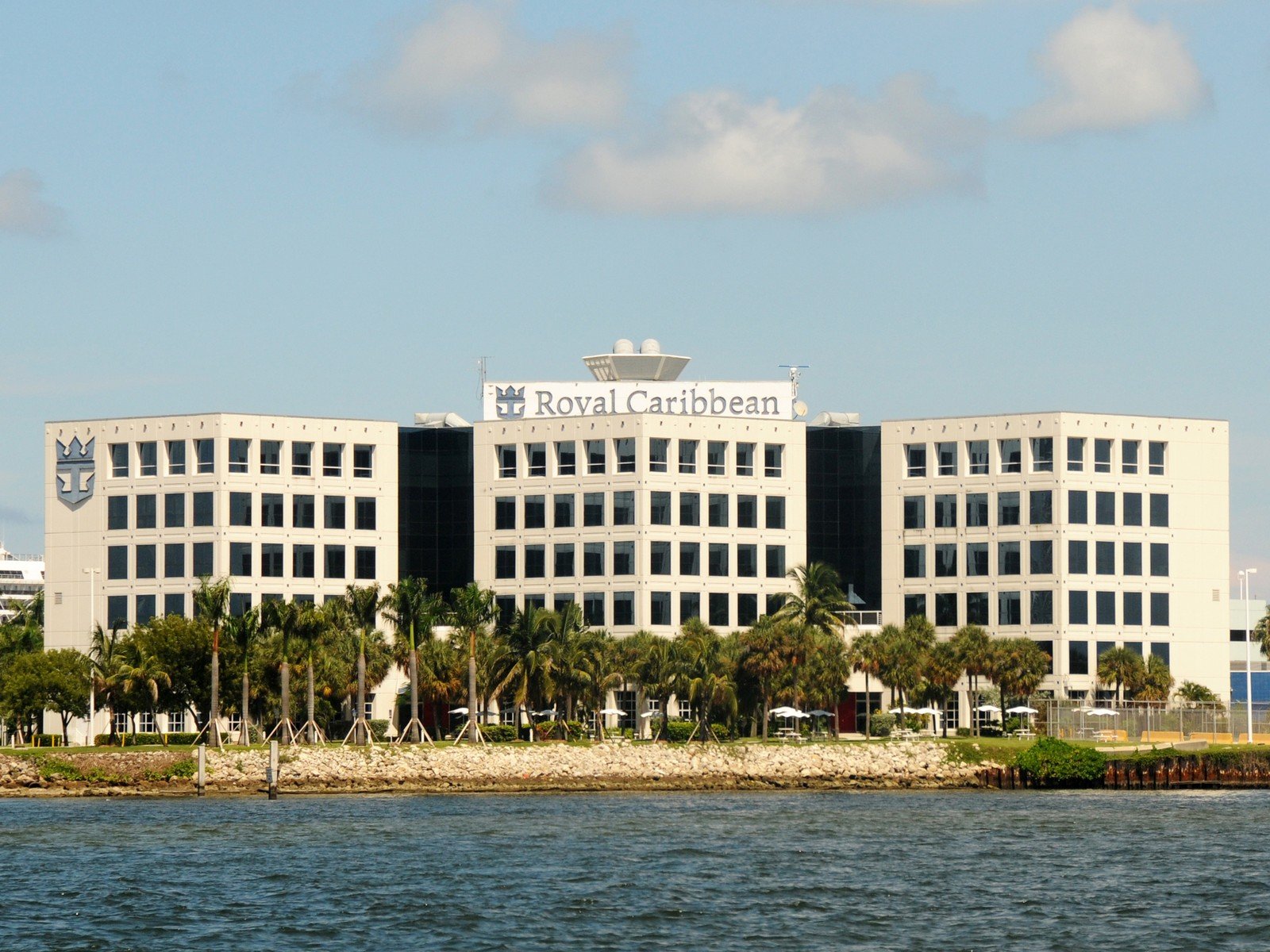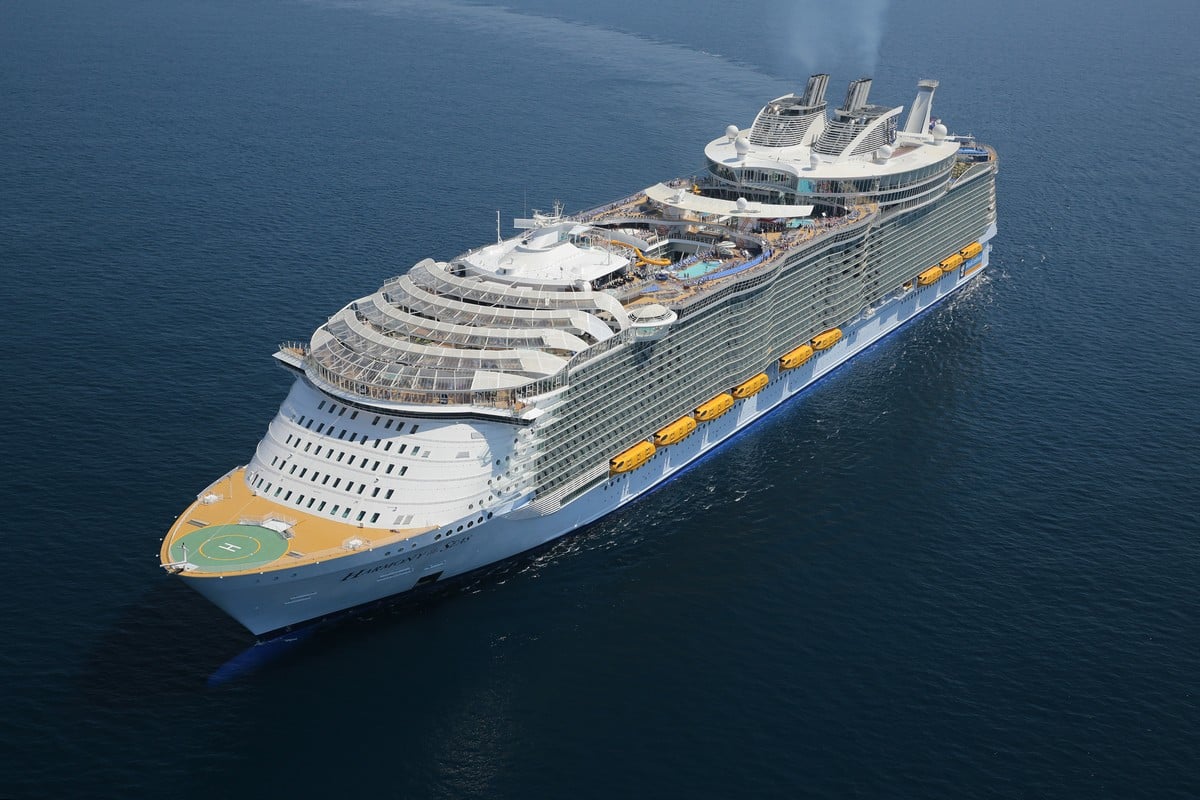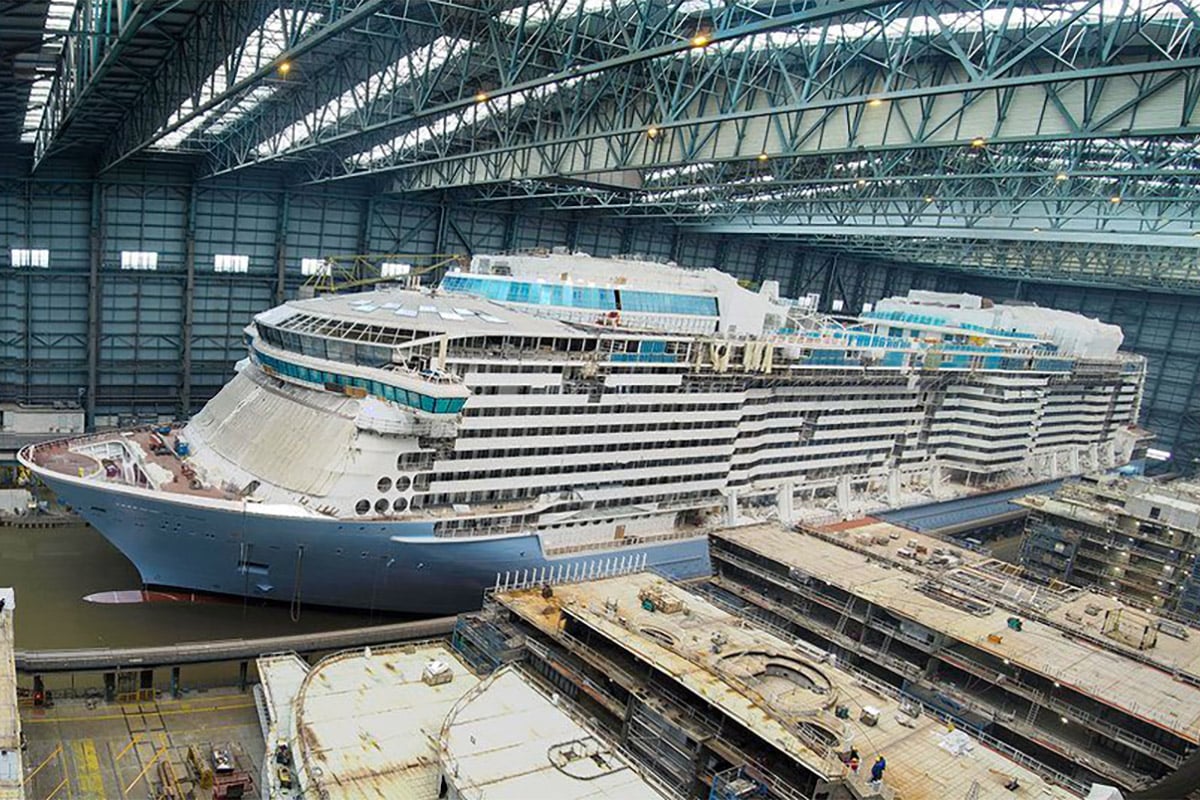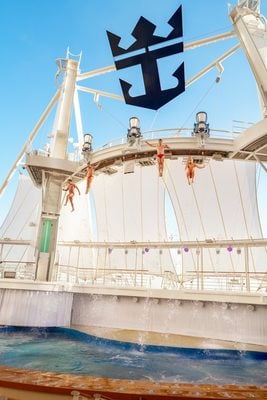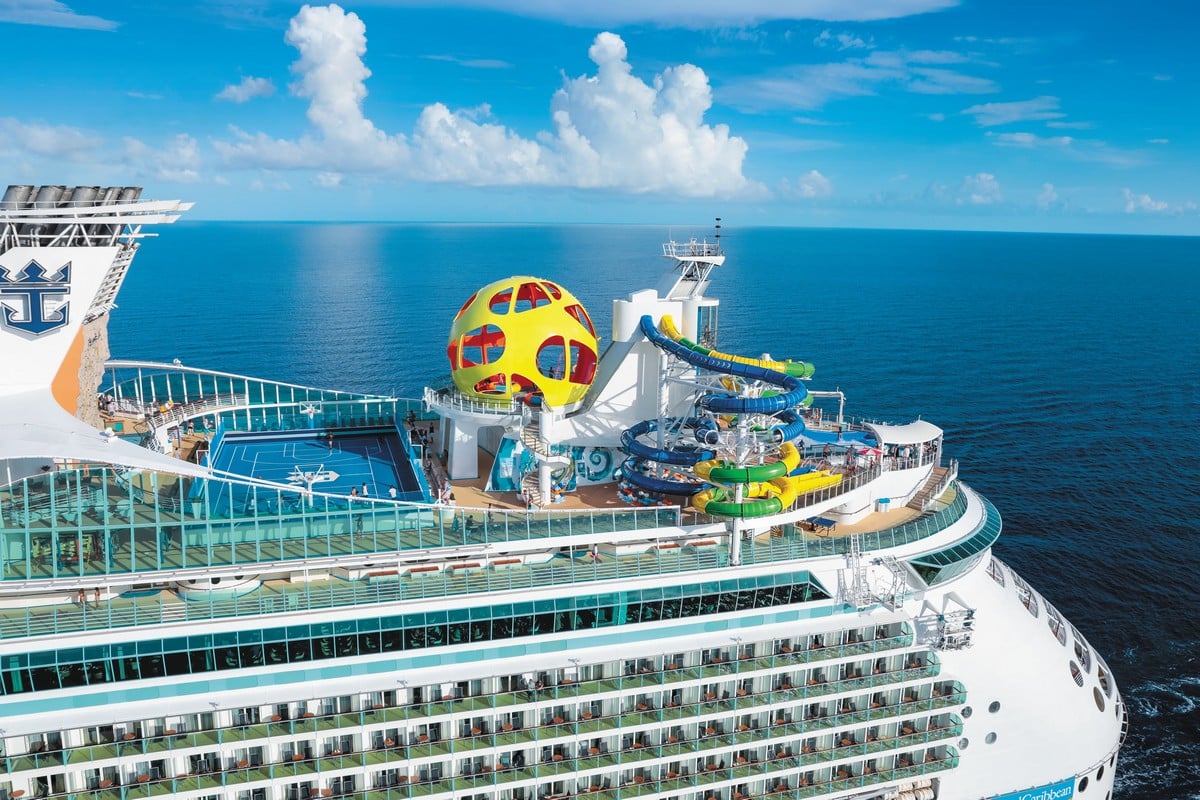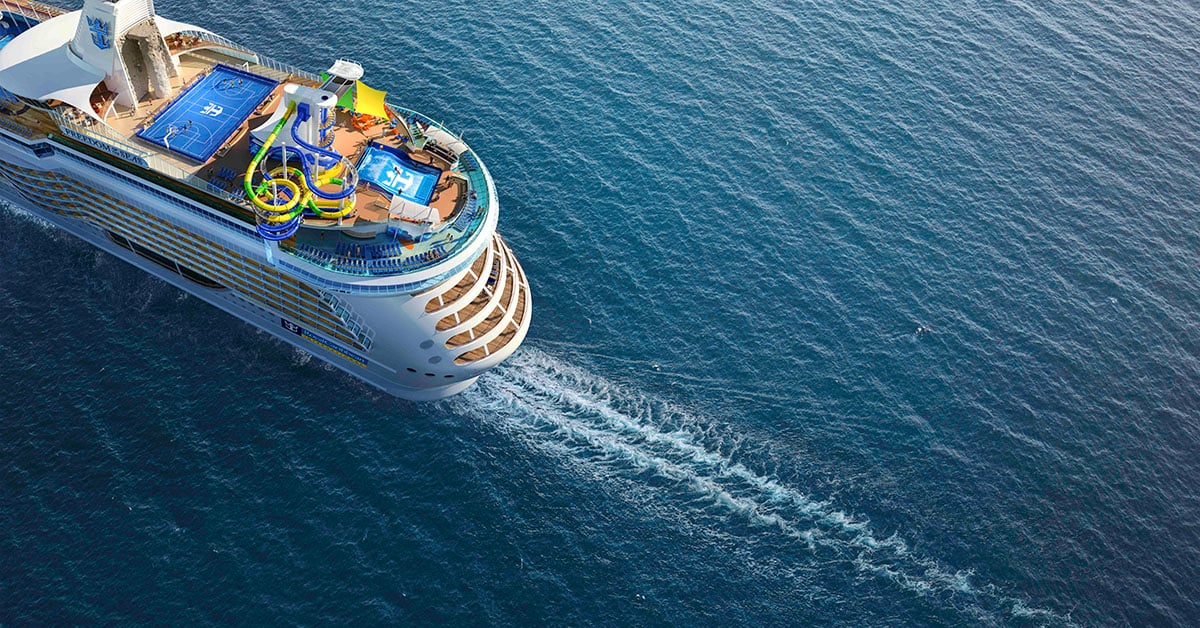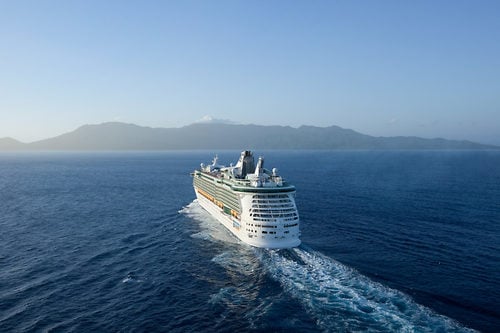Royal Caribbean Group reports $1.3 billion loss in third quarter
In:Royal Caribbean Group reported a $1.3 billion loss for the third quarter of 2020 as part of its financial results, and also provided a business update.
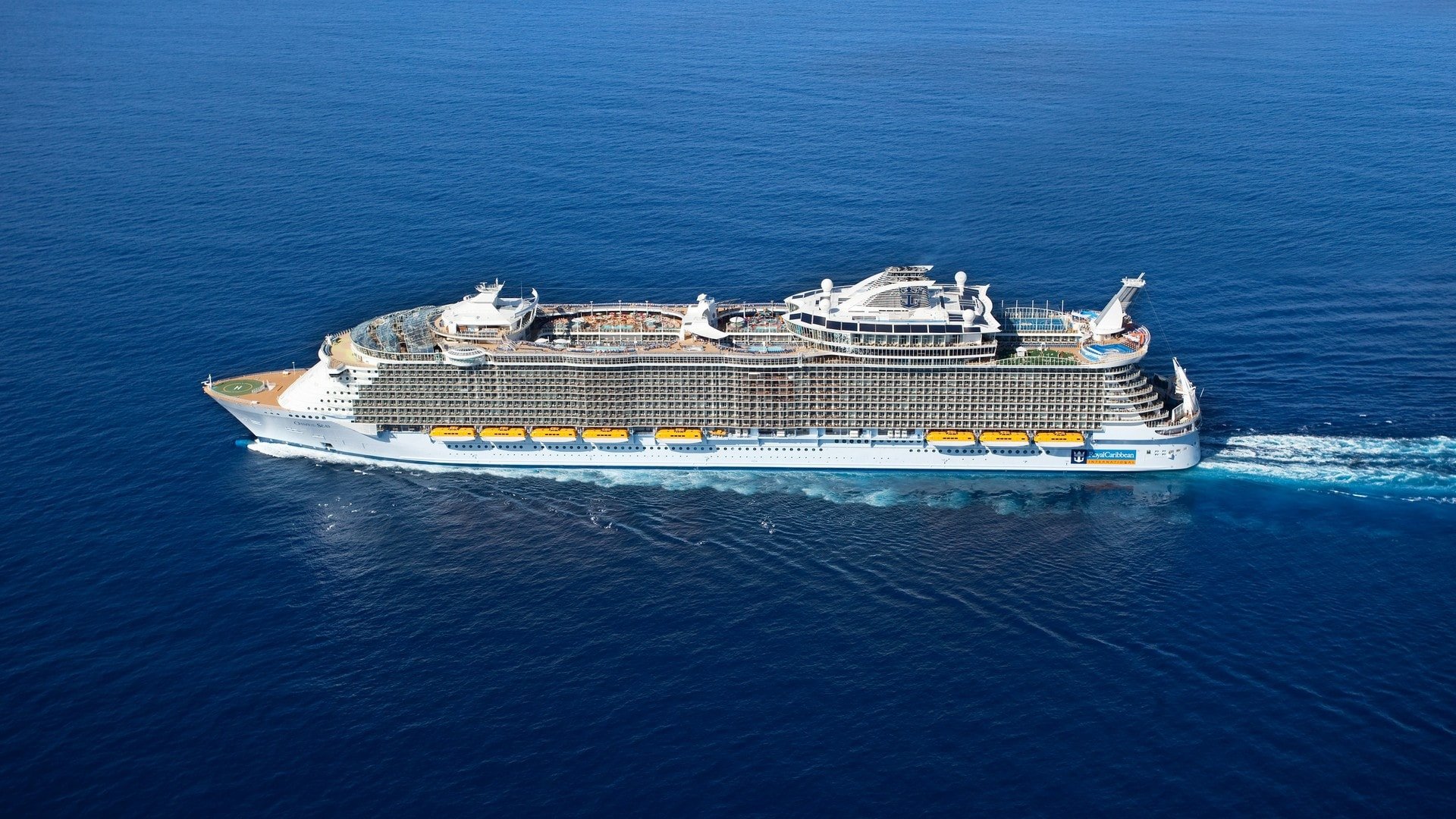
The cruise company is still in the midst of a global shutdown due to the health crisis. While limited cruise operations outside of the U.S. have been able to restart with its TUI cruises and Hapag Lloyd brands, the company is still dealing with being mostly shutdown.
Royal Caribbean highlighted the fact Quantum of the Seas will be able to restart operations in Singapore in December after receiving approval to sail from the Singaporean Government.
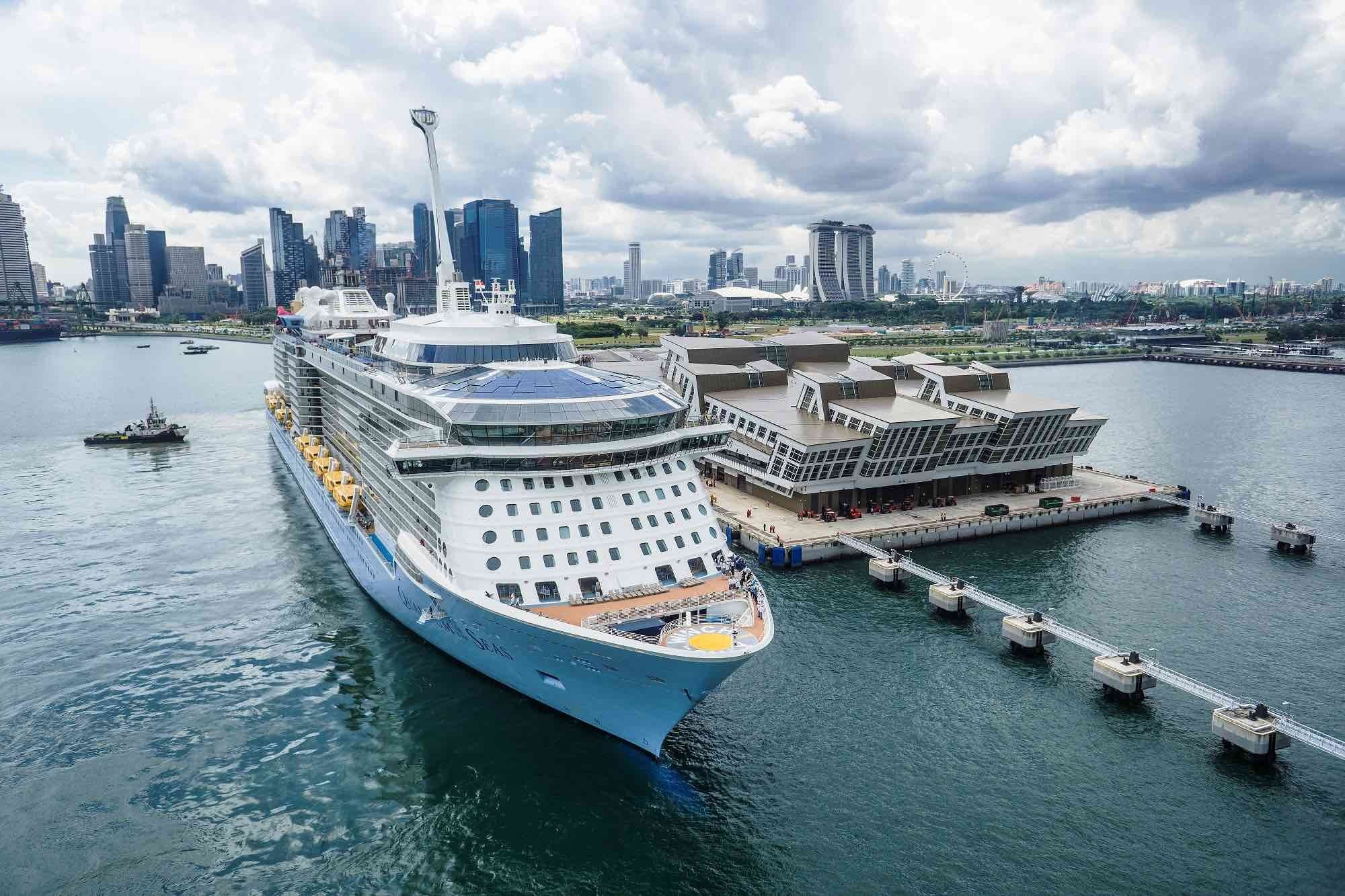
These initial cruises will most likely take place with reduced guest occupancy, modified itineraries and enhanced health protocols developed in collaboration with governments and health authorities.
In addition to the financial results, Royal Caribbean Group provided a business update to investors.
Healthy Sail Panel recommendations
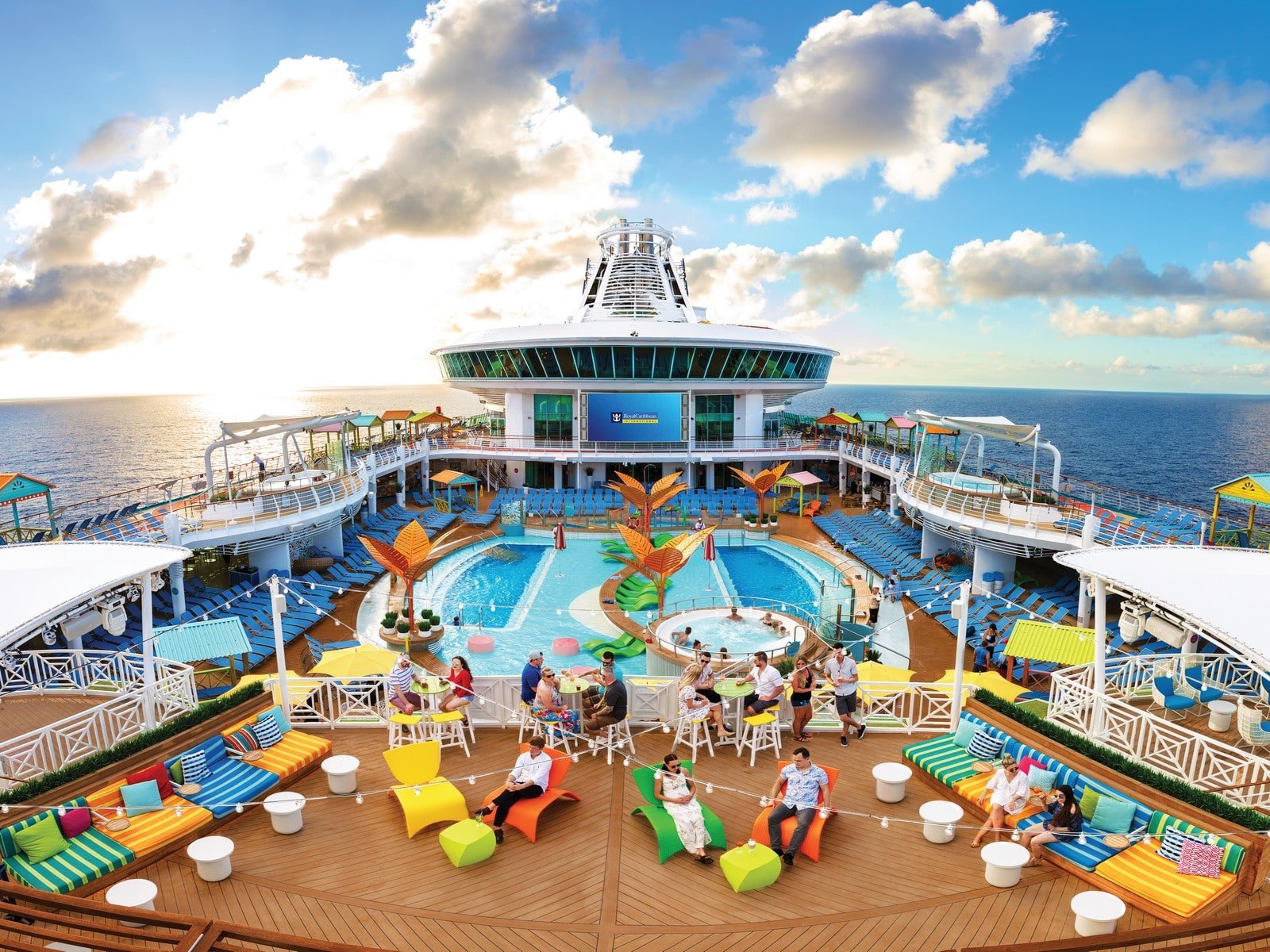
Royal Caribbean's blue ribbon panel of health experts submitted 74 recommendations for how cruise ships could safely operate.
On September 21, 2020, the HSP submitted its recommendations to the Centers for Disease Control and Prevention (CDC) in response to a CDC request for public comment that will be used to inform future public health guidance and preventative measures relating to travel on cruise ships.
"The work of the Healthy Sail Panel has been thorough and comprehensive. We are grateful for its enormous dedication and passion, which has resulted in what has quickly become the seminal document in this arena. We are also grateful for the time the CDC and their observers have spent on this important topic with the Healthy Sail Panel," said Richard D. Fain, Chairman and CEO. "We understand the importance of getting this right and are preparing to put these plans to the test with a gradual and methodical return to service in the near future."
Cash on hand
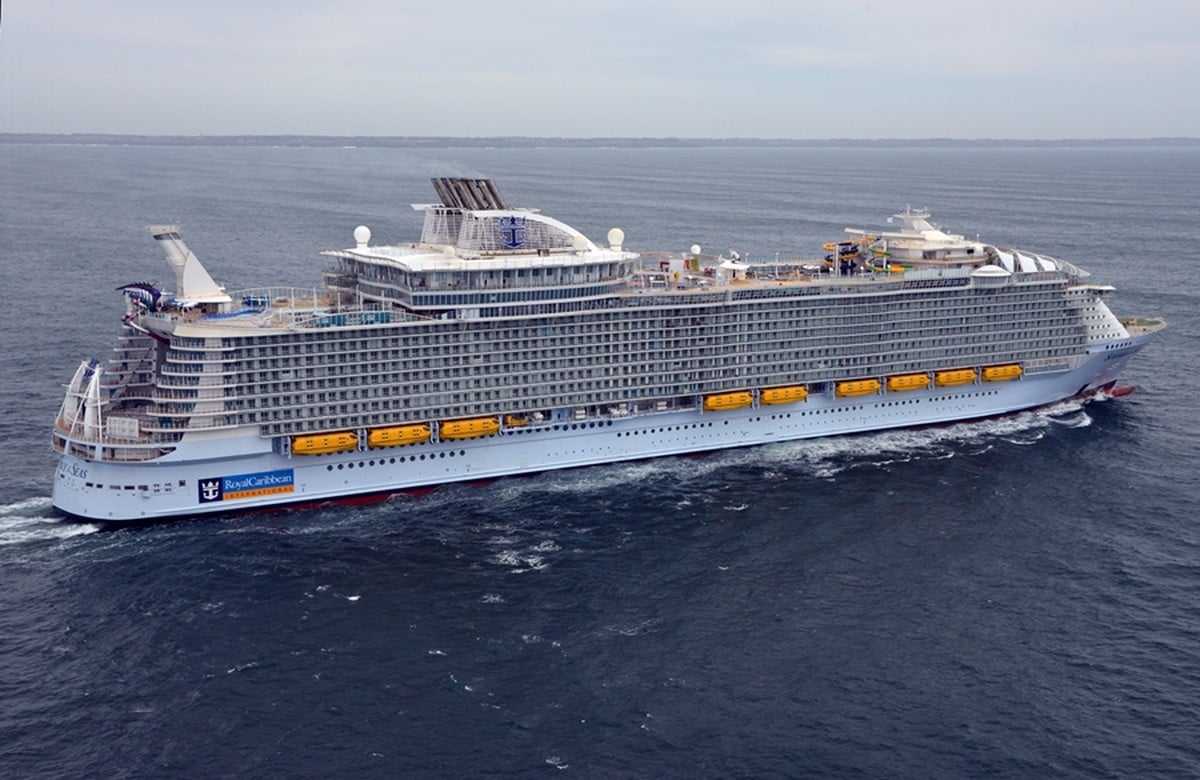
In order to remain operational throughout the shutdown, Royal Caribbean Group made additional moves to bolster its financial situation.
Since the last earnings call, Royal Caribbean Group has taken further actions to enhance its liquidity, preserve cash and obtain additional financing.
- $700M increase in liquidity through a 12-month commitment for a senior guaranteed 364-day facility
- Approximate $1.15 billion increase in liquidity through a combination of a convertible bond issuance and a common stock public offering
The current cash burn is on average in the range of approximately $250 million to $290 million per month during a prolonged suspension of operations. This range includes all interest expenses, ongoing ship operating expenses, administrative expenses, hedging costs, expected necessary capital expenditures (net of committed financings in the case of newbuilds) and excludes cash refunds of customer deposits, commissions, debt obligations and cash inflows from new and existing bookings.
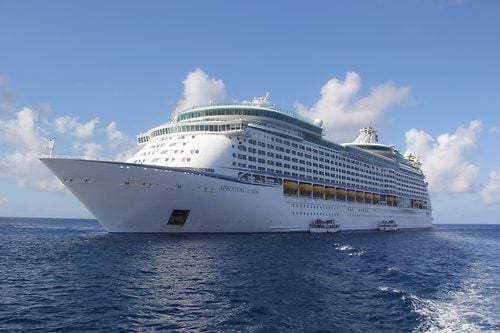
Cash burn will increase once cruises are able to start up again as a result of:
- Bringing ships out of their various levels of layup
- Returning the crew to the vessels
- Taking the necessary steps to ensure compliance with the recommended protocols
- Restarts sales and marketing activities
Jason T. Liberty, executive vice president and CFO said, "We are optimistic that with the gradual resumption of cruise operations, our cash flow from operations will sequentially improve, driven by an increase in the inflow of customer deposits."
As of September 30, 2020, the Company had liquidity of approximately $3.7 billion, including $3.0 billion in cash and cash equivalents and a $0.7 billion commitment from the 364-day facility, compared to $4.1 billion as of June 30, 2020.
The total cash spend for the third quarter was approximately $1.1 billion, mainly driven by ship operating expenses.
Odyssey of the Seas
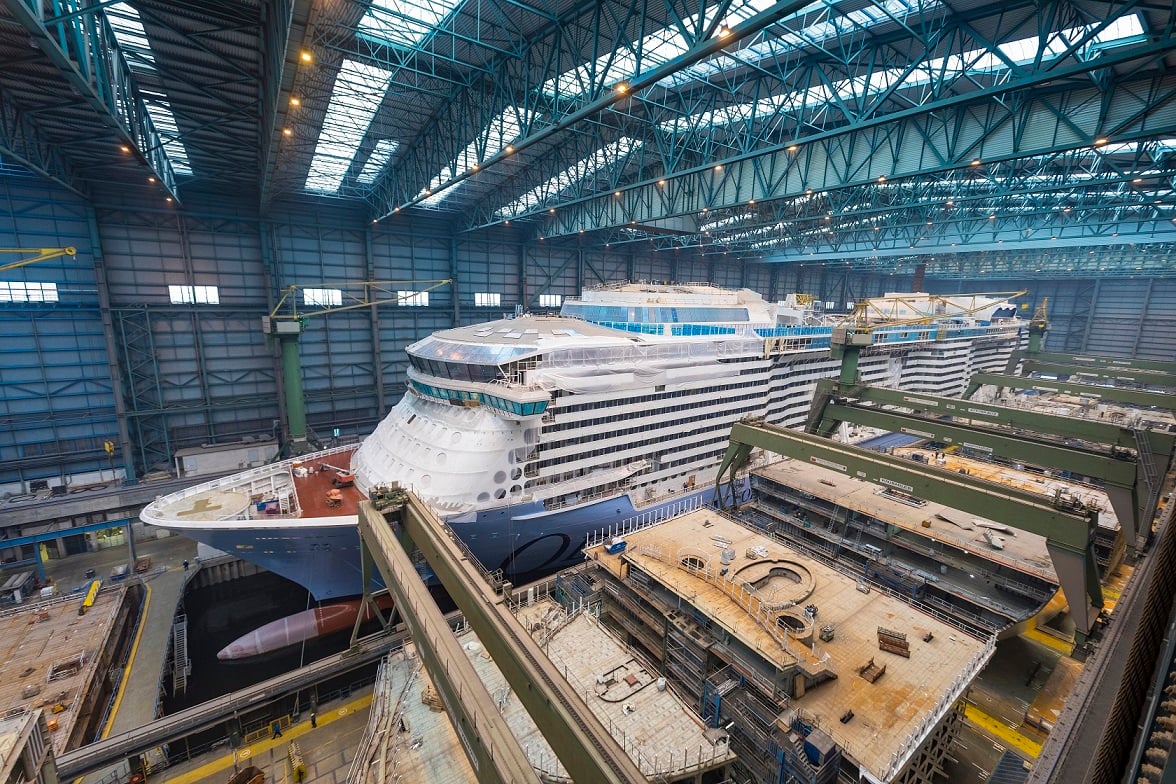
For those wondering about the fate of Royal Caribbean's next new cruise ship, Odyssey of the Seas is very much on the radar.
Royal Caribbean Group has allocated funds for delivery of Odyssey of the Seas during the first quarter of 2021.
2021 Bookings
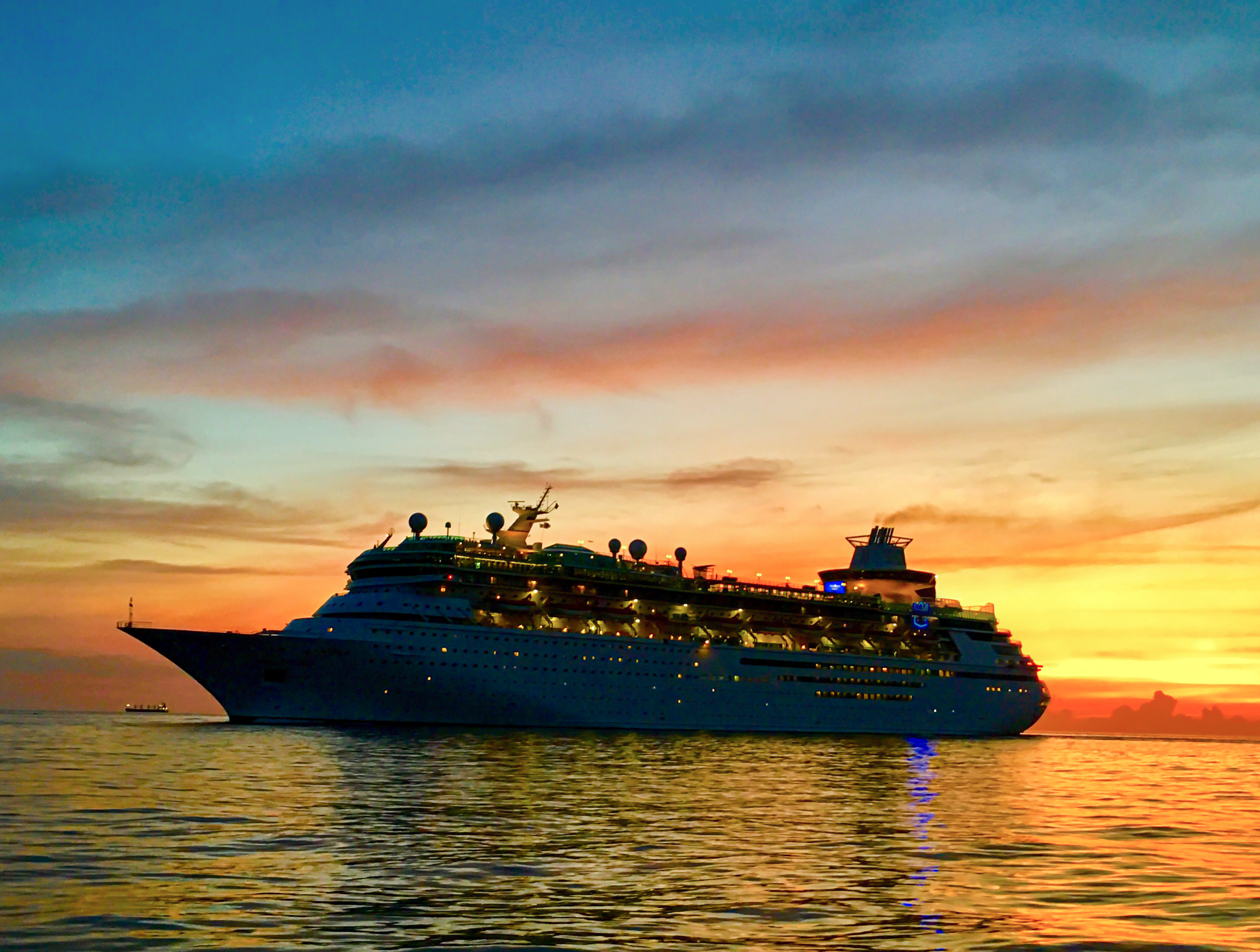
Booking activity for the first half of 2021 is aligned with the Company's anticipated staggered resumption of cruises.
The cumulative booked position for sailings in the second half of 2021 is within historical ranges with prices that are down slightly year-over-year when including the negative yield impact of bookings made with future cruise credits ("FCCs") and about flat when excluding them.
Since Royal Caribbean Group's last business update, more than 65% of the 2021 bookings are new and the rest are due to the redemption of FCCs and the Lift & Shift program.
As of September 30, 2020, the Company had $1.8 billion in customer deposits of which approximately 50% are FCCs and $180 million correspond to fourth quarter 2020 sailings.
Approximately 50% of the guests booked on cancelled sailings have requested cash refunds.


